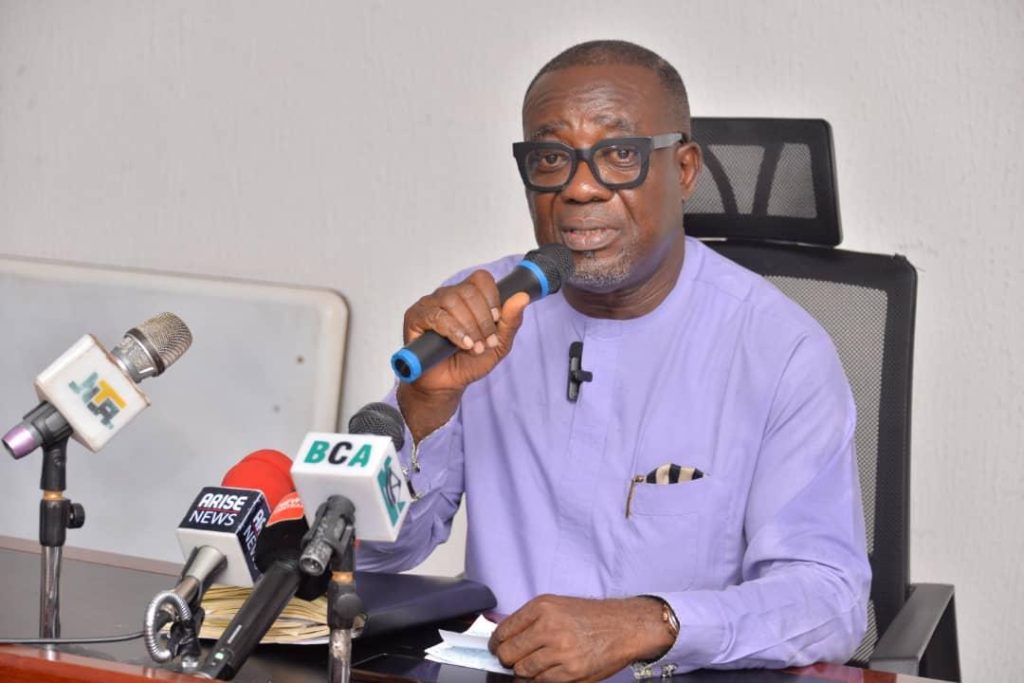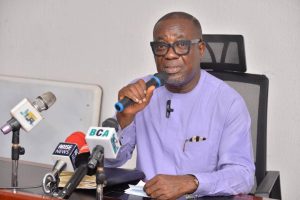
Abia State Electricity Bill to provide access to electricity supply, enhance economic growth

From Boniface Okoro, Umuahia
Abia State government has explained that the planned state electricity bill, when passed into law, would provide access to electricity, fast-track industrialization and economic growth of the state.

The bill which is already before the state House of Assembly and due for public hearing, would entitle the state to have its independent electric power.
The Commissioner for Information, Prince Okey Kanu, who made this known to newsmen at Government House, Umuahia, on the outcome of this week’s State Executive Council meeting, presided over by Governor Alex Otti, stressed the need
for all stakeholders to participate in the public hearing and come up with a robust idea that would address issues of electricity in Abia.
Speaking on the merits of the Bill, the Commissioner for Power and Public Utilities, Mr. Ikechukwu Monday, said that the law would make it possible to provide access to electricity, both to un-served and the under-served Abians, a goal Governor Alex Otti has been striving to achieve.
“It’s a law that will be tailored to creating the Abia State electricity market. As we know, last year the Electricity Act 2023 was passed into law which gives states and sub nationals the framework and mandate to create their own electricity market.
“We are looking at the full value chain, from generation to transmission to distribution. So, for Abia State, we are creating a market, an electricity market that will be competitive and efficient.
“This will help to promote industrialization. As we know our people are gifted and without electricity there is no way we can achieve that social economic growth of the state and that is why we took this time to draft this bill,” Monday stated.
Mr. Monday also explained that if passed into law, the bill will birth three organizations, namely: Abia State Electricity Regulatory Authority, Rural Electrification Agency and Abia State Electricity Fund.
He explained that the regulatory authority would regulate all the sectors in the market, the rural electrification agency would take care of mostly the underserved while the electricity fund would be supporting to ensure that adequate infrastructure is provided and government can intervene in cases where people cannot afford to pay the tariff.
The Special Adviser to the Governor on Media and Publicity, Mr Ferdinand Ekeoma and the Chief Press Secretary to the governor, Mr. Ukoha Njoku Ukoha, were present at the briefing.



